The future of design: 10 ways interior design will change post-pandemic
An expert weighs in on the future of the interior design industry.
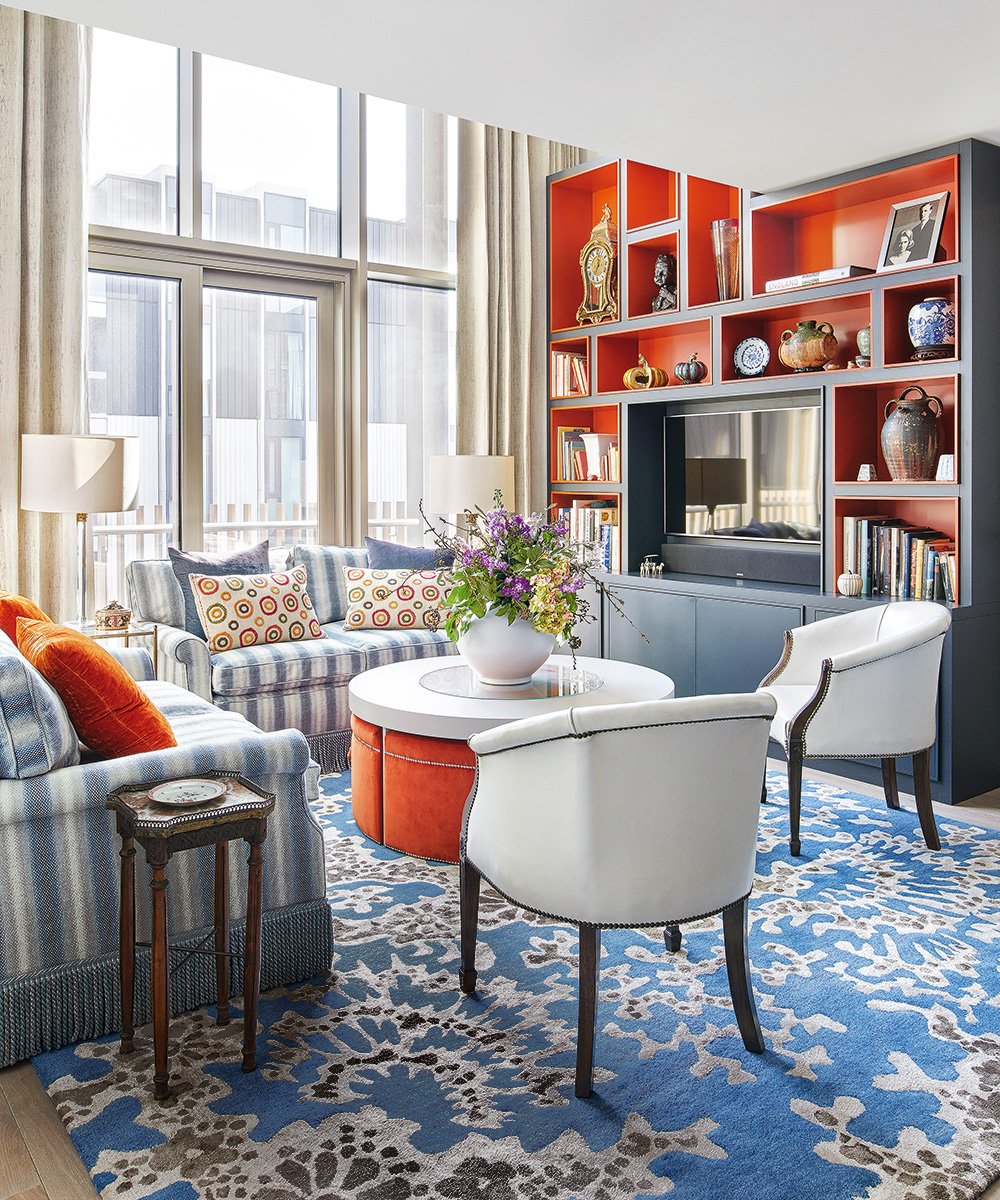

As we isolate in our homes, we become increasingly aware of how our interior spaces affect our our ability to work from home, home school our children, relax and dine.
Interior designer Katharine Pooley, believes that the current crisis will impact how we design spaces in the future, and it is not all bad news.
THE FUTURE OF INTERIOR DESIGN
Katharine Pooley shares her thoughts on how interior design may change in response to the Covid-19 epidemic.
1. CLEANLINESS COMES FIRST
Hygiene will be in the forefront of everyone’s minds. The use of materials will be modified to ensure deep cleaning is possible. Materials with anti bacterial properties like copper, linen and some timbers may become more popular. Materials will still be location specific, but I see durable polished plasters, limestone and marbles being used with greater frequency as they can withstand heavy duty cleaning.
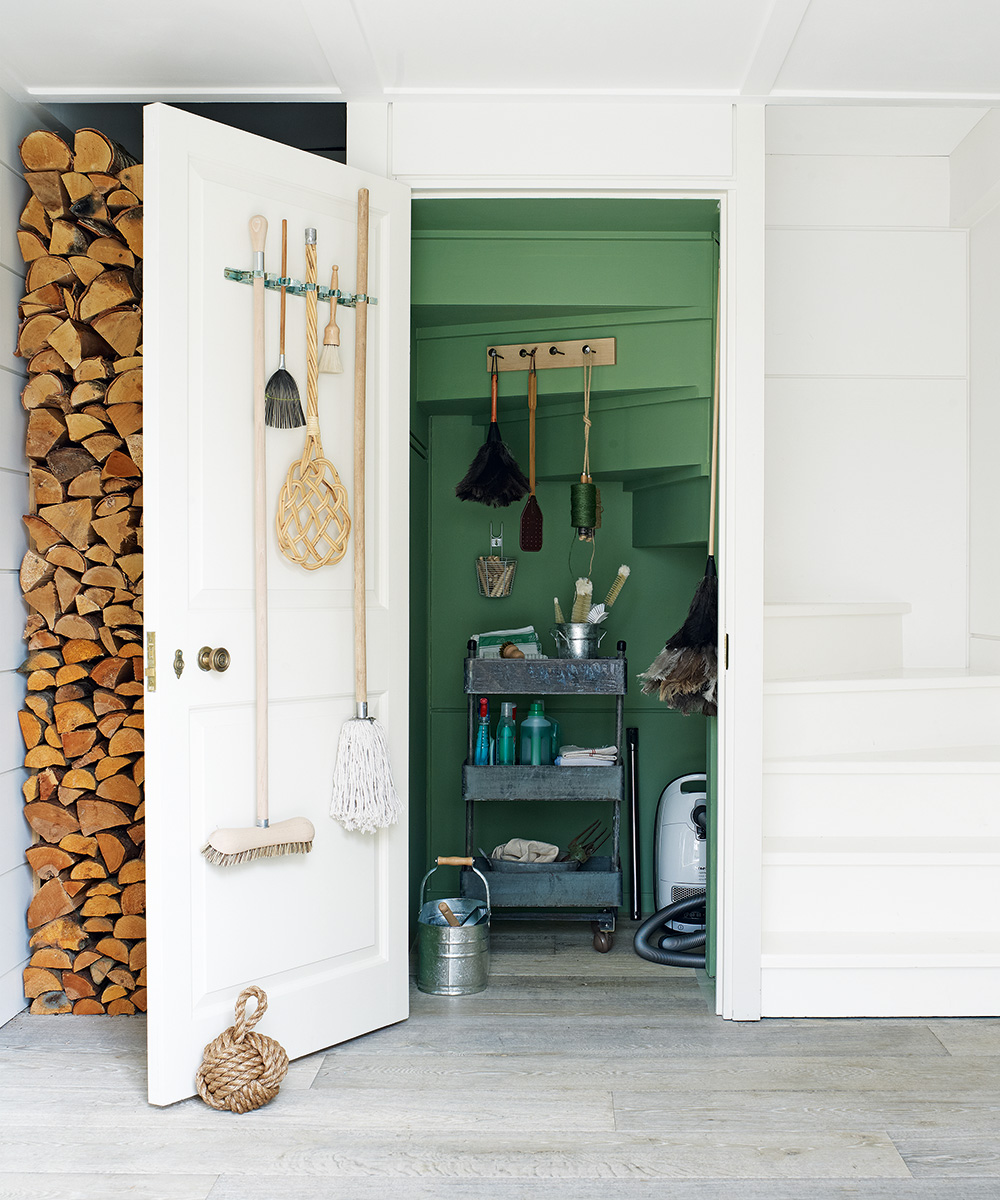
SeeThe 10 things that need extra care and cleaning during lockdown
2. INTERNAL OPERATIONS WILL CHANGE
International clients already request delineated areas/ lobbies to entrance halls for 'outside clothes and shoes' to be removed and stored. This has been common in Asia for many years but may well become a new European norm.
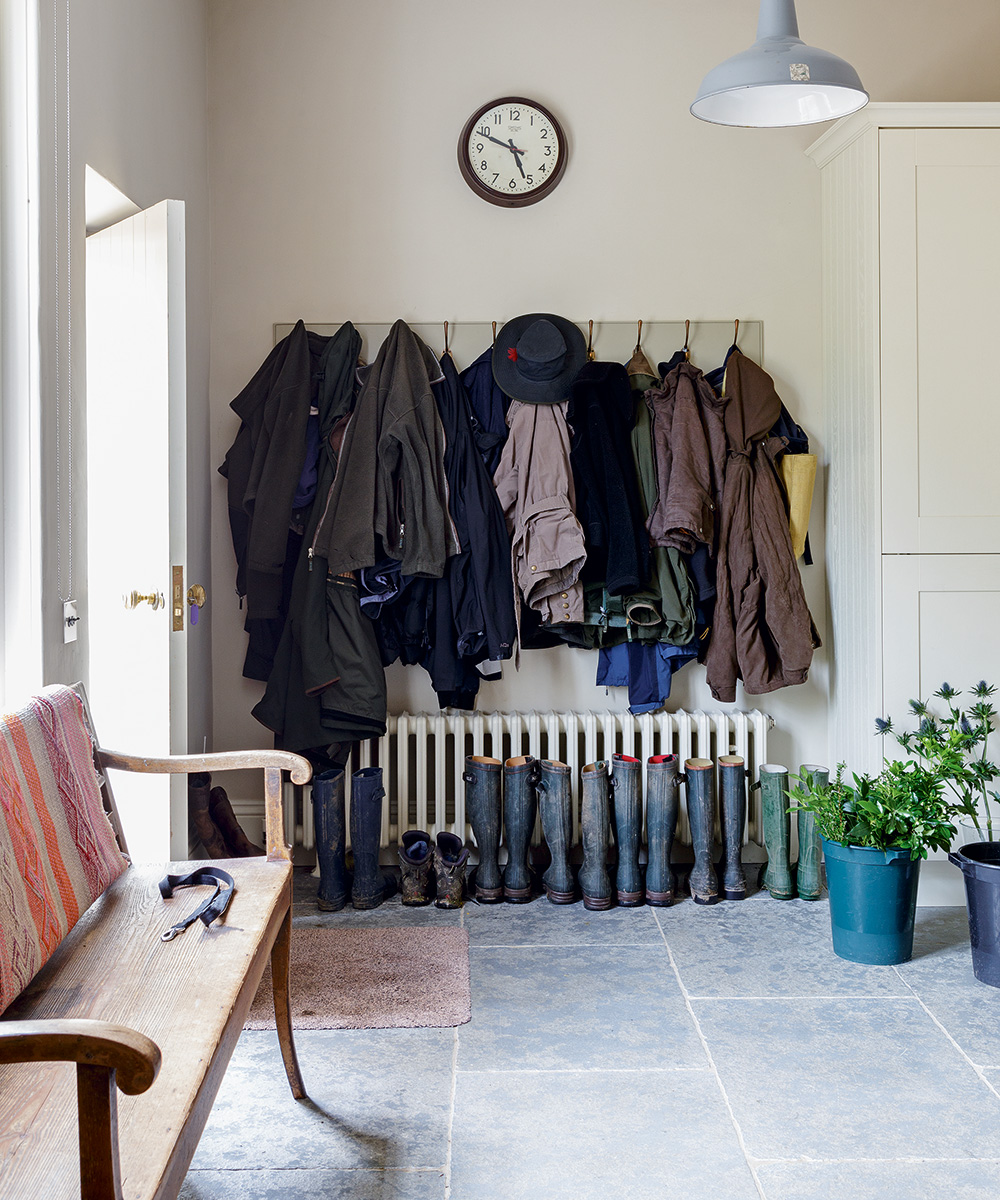
3. SELF-SUFFICIENCY WILL BE AT THE FOREFRONT OF DESIGN
People will look to create living environments that allow their lifestyles complete self-sufficiency. Home cinemas, bars, swimming pools, tennis courts, spas and gyms will all become more important, rather than seen as unnecessary add-ons.
Sign up to the Homes & Gardens newsletter
Design expertise in your inbox – from inspiring decorating ideas and beautiful celebrity homes to practical gardening advice and shopping round-ups.
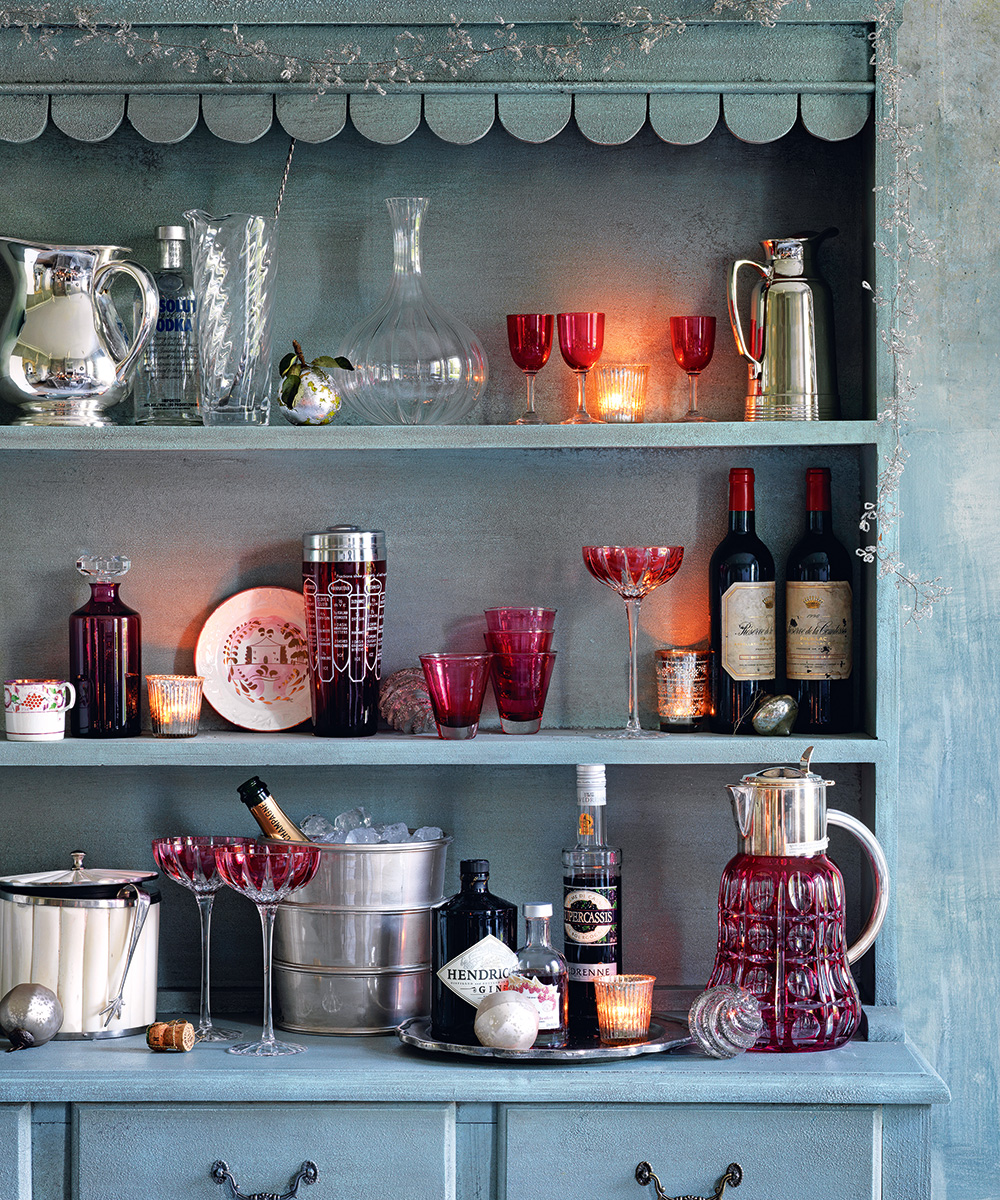
4. LOCATION WILL BE A DECIDING FACTOR
Additional space and security becomes paramount in a pandemic environment – I see many clients moving out of cities, either into gated private estates, or to locations where there is still a degree of empty countryside.
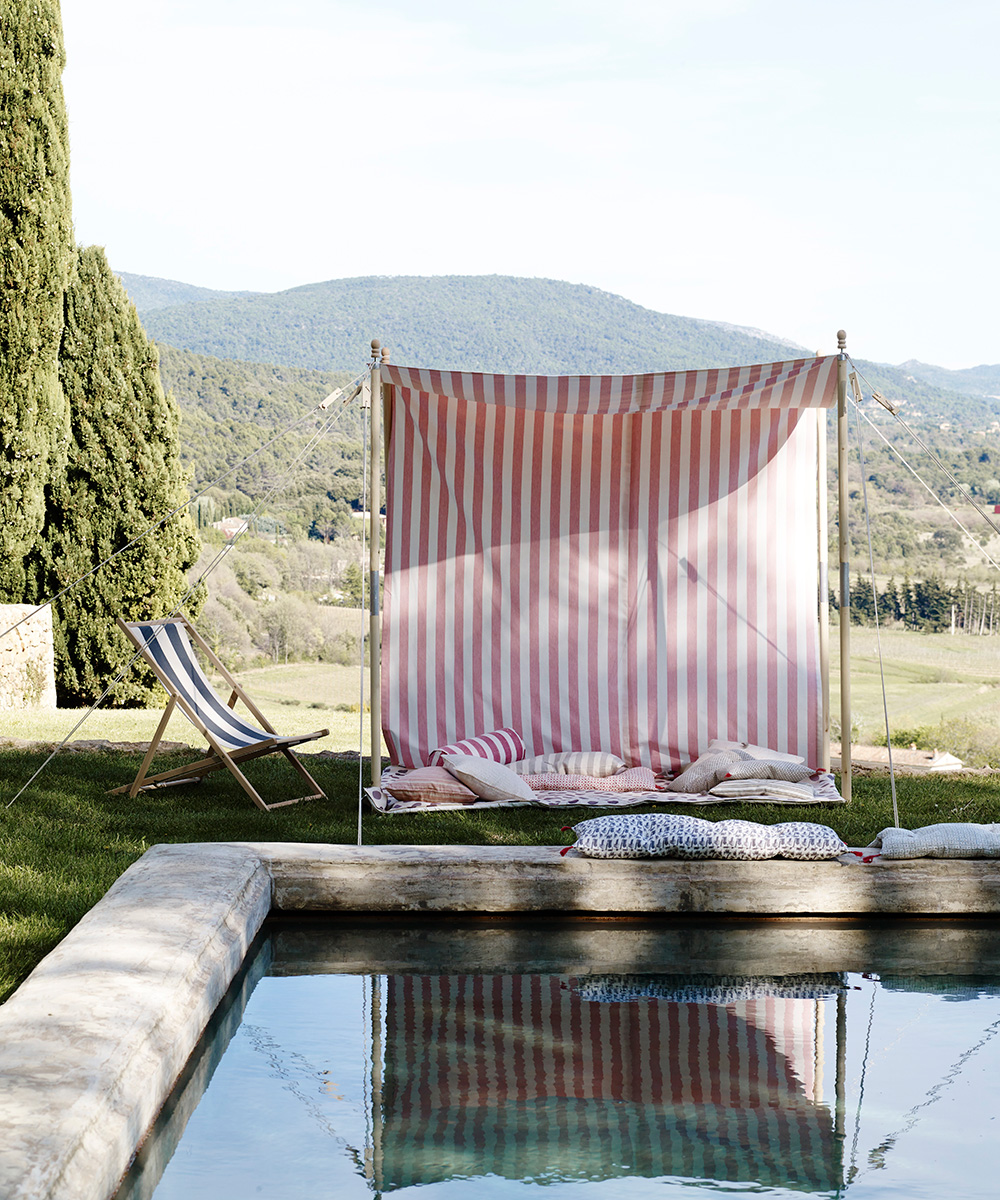
5. CHILDREN'S ROOMS COULD PROVE INTEGRAL TO FAMILIES
Clients with children are requesting extra space for home schooling and additional home tutoring to be incorporated into their kids' room ideas.
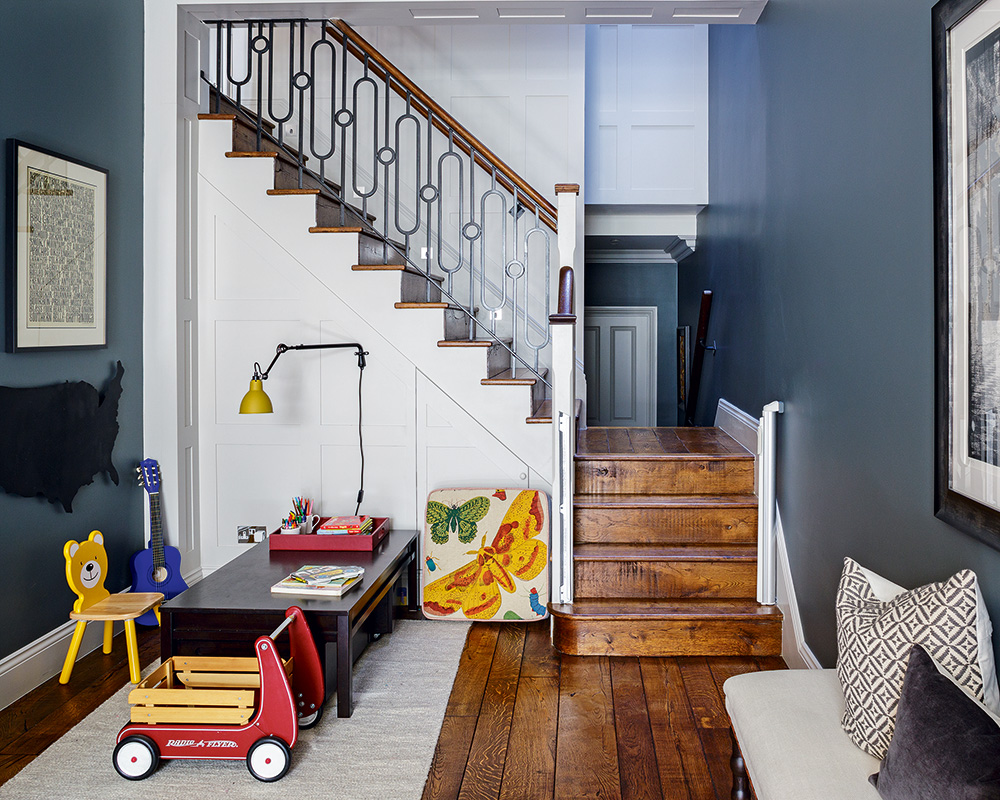
6. TECHNOLOGY WILL NEED TO ADVANCE
Technology is in the forefront of peoples minds, be it a new home office, library, media suite, recording studio or even just moving to be in an area with better 5G. All clients are realising that life has moved online and our homes need to support this.
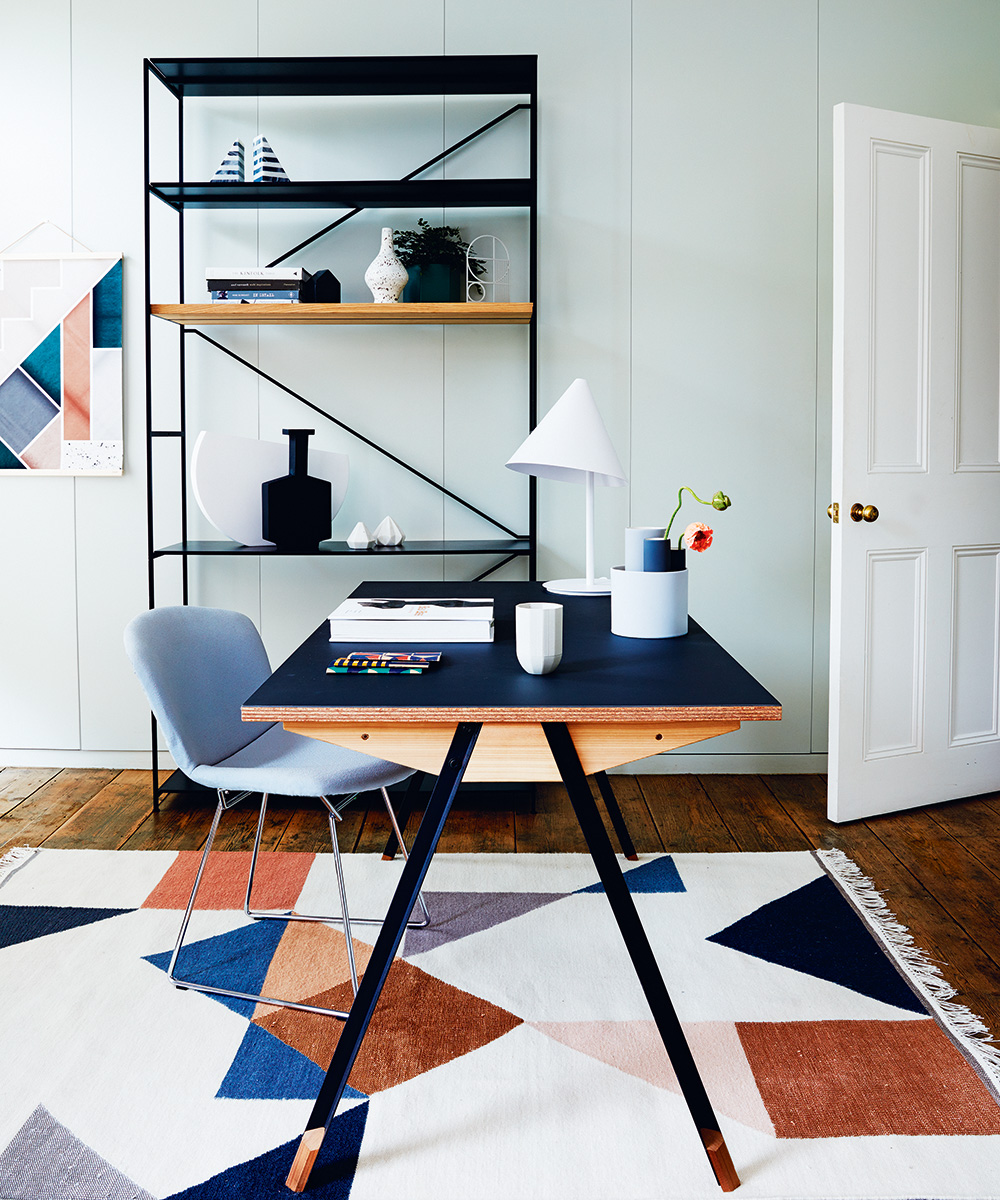
7. CLIENTS WANT AN OUTDOOR SPACE
Gardens are now a huge priority for clients. Even small garden ideas need to incorporate a built in BBQ area and safe play areas for children. Place to grow vegetables in a kitchen garden. Epidemics really make us question the providence of our foods so I can see many people looking to go organic.
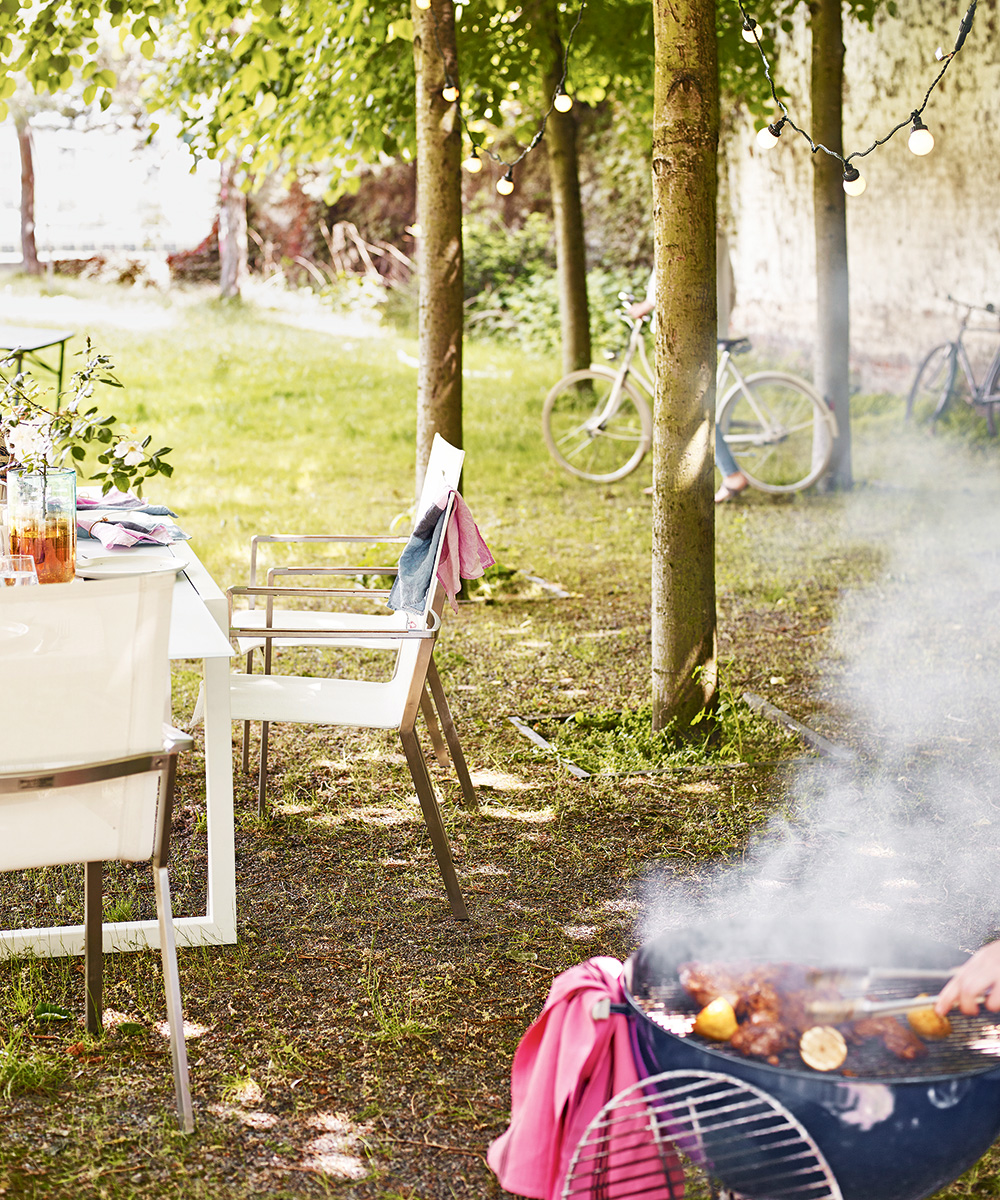
8. WE WILL LOOK AT WAYS TO INCREASE WELLBEING
In the home clients are looking to make a peaceful sanctuary, filled with objects that they love that give them happiness. I foresee a greater usage of calm, serene colours, large mirrors and organic textured finishes that help inspire a peaceful mood.
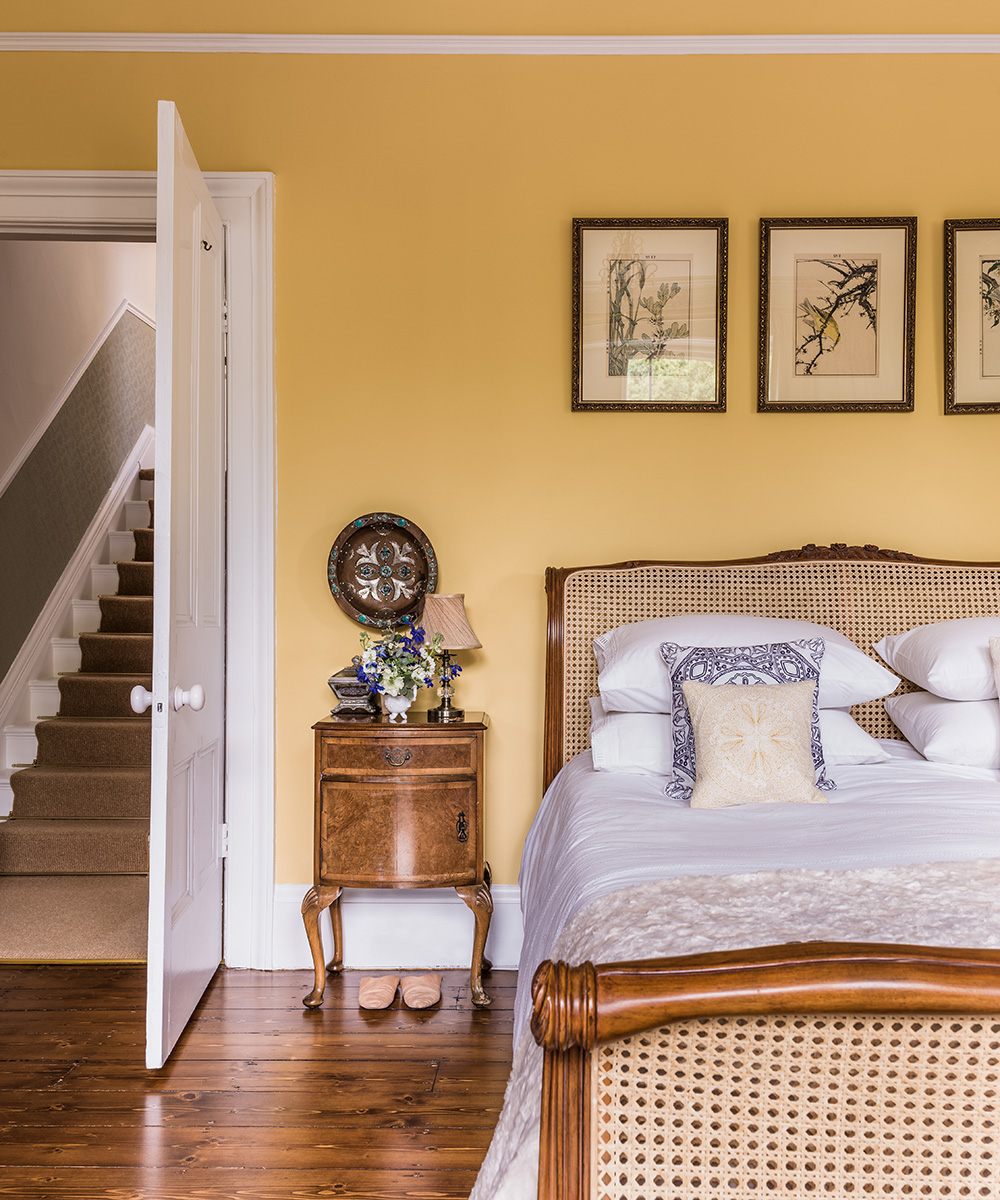
SeeWonderful ways to boost your wellbeing at home, with advice from an interior designer
9. WARMER COLOURS WILL BE REQUESTED
Some rooms will be richer and warmer in tone to create a cocooning effect – aubergine, burnt orange and deep inky blues will all be popular for media rooms, home cinemas and studies.

10. THE INTERIOR DESIGN INDUSTRY WILL BE GIVEN ABOOST
There will be an increase in interest in interior design, as everyone looks to feather their nests with the fear of future shut downs very much in their minds. I am already seeing a surge in requests for quotations as people realise their mental wellbeing is now dependent on living in a home that is beautiful, positive, and has the capacity to sustain them when the rest of the world is closed to them.
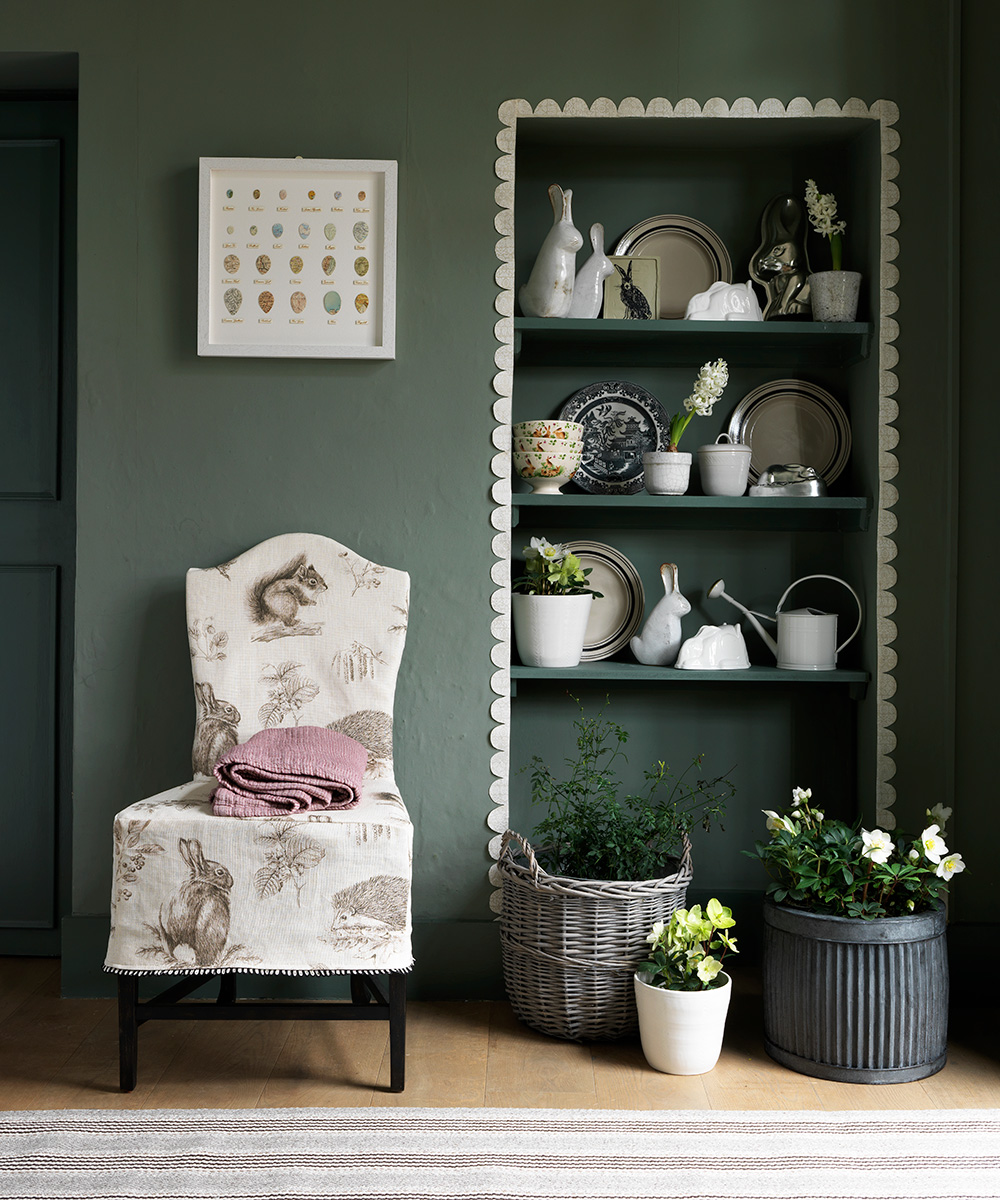
Katharine Pooley, katharinepooley.com

Jennifer is the Digital Editor at Homes & Gardens. Having worked in the interiors industry for several years in both the US and UK, spanning many publications, she now hones her digital prowess on the 'best interiors website' in the world. Multi-skilled, Jennifer has worked in PR and marketing and occasionally dabbles in the social media, commercial, and the e-commerce space. Over the years, she has written about every area of the home, from compiling houses designed by some of the best interior designers in the world to sourcing celebrity homes, reviewing appliances, and even writing a few news stories or two.
-
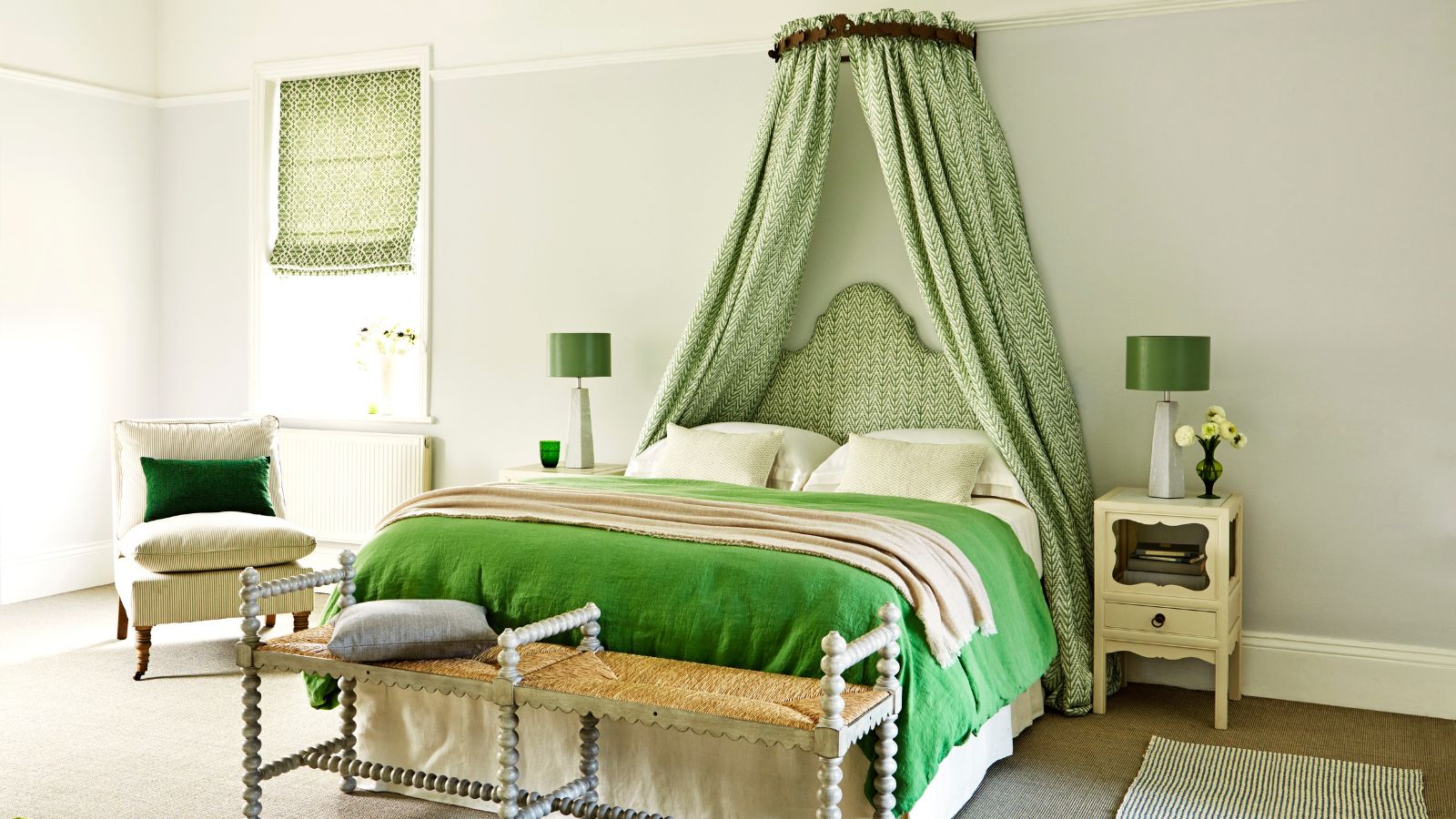 I'm an expert vacuum tester, and no, you really don't need a mattress vacuum – here's what to use instead
I'm an expert vacuum tester, and no, you really don't need a mattress vacuum – here's what to use insteadBefore investing in a new gadget, the tried-and-true methods still work
By Dan Fauzi
-
 Charli XCX's front door color 'feels deliberate, and almost calculated' – estate experts say it carries authority (but it comes with a warning)
Charli XCX's front door color 'feels deliberate, and almost calculated' – estate experts say it carries authority (but it comes with a warning)The singer's sophisticated front door color gives a 'psychological head start' to sellers, but it has a potentially unlucky downside
By Megan Slack